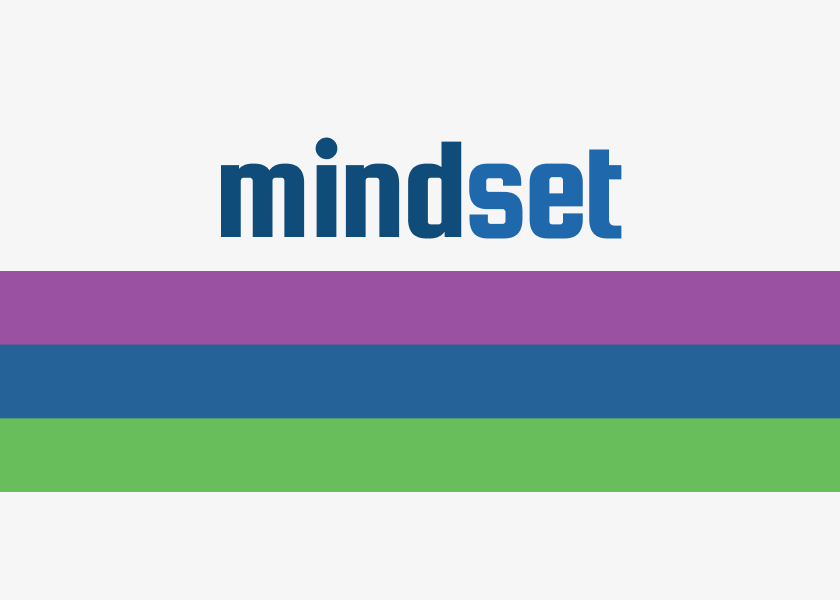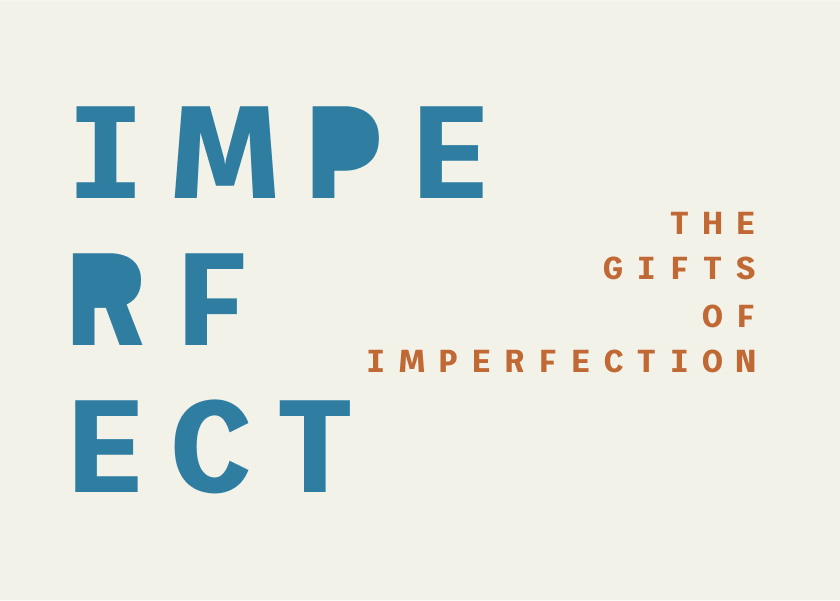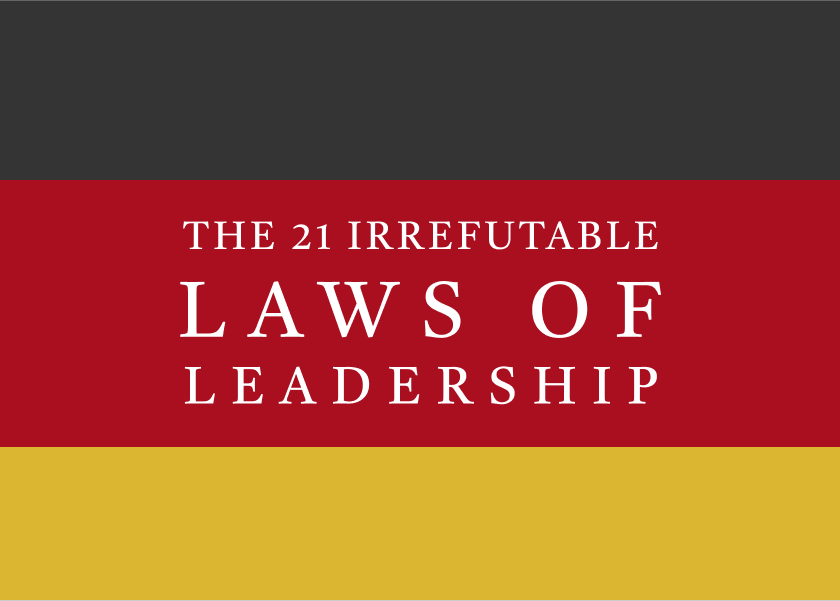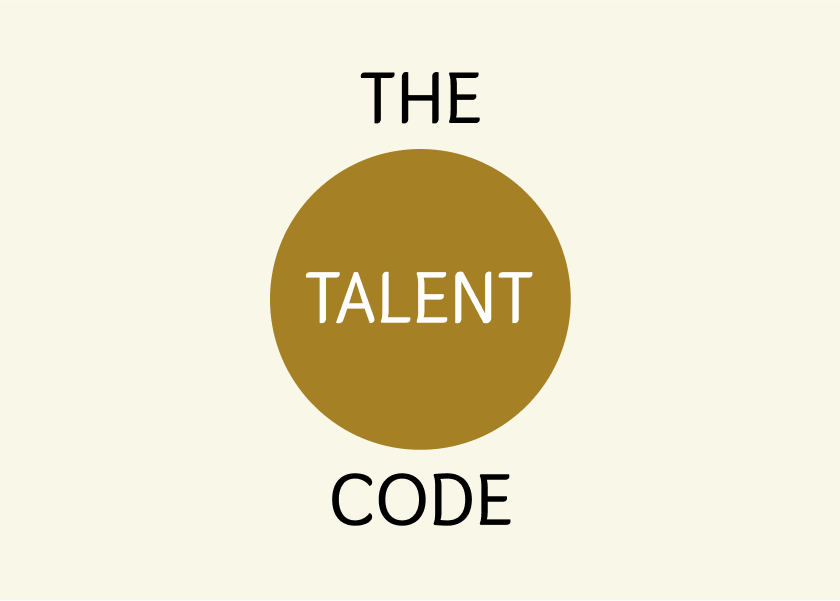Mindset by Carol Dweck - Summary
Unlock your potential by understanding your mindset. Discover how a simple belief about yourself shapes your whole world and learn how to transform from a fixed mindset that craves validation to a growth mindset that embraces learning and challenges.

The following is a summary and review of the book Mindset by Carol Dweck.
Listen to ShelfHelp's podcast summarising the book Mindset by Carol Dweck.
The Power of Mindset: How a Simple Belief Can Transform Your Life
Are you held back by a feeling that your abilities are fixed, or do you believe in your potential to grow and learn? This question lies at the heart of Carol S. Dweck's influential book, Mindset: The New Psychology of Success, a work that has resonated with readers around the world. This article explores the core concepts of Dweck’s work, providing you with a comprehensive overview, key insights, and actionable advice. By understanding the difference between a fixed mindset and a growth mindset, you can unlock your full potential, improve your relationships, and achieve greater success. Dive into this summary and discover a personal revolution in your thinking.
Table of Contents
- About the Author
- Who Should Read This Book?
- Key Insights and Themes
- Detailed Summary
- Review
- Actionable Takeaways
- FAQs
- Conclusion
About the Author
Carol S. Dweck, Ph.D., is a highly respected figure in the fields of personality, social psychology, and developmental psychology. She is the Lewis and Virginia Eaton Professor of Psychology at Stanford University and a member of the American Academy of Arts and Sciences. Her research on mindset has been featured in prominent publications such as The New Yorker, Time, The New York Times, and The Washington Post. Her scholarly book Self-Theories: Their Role in Motivation, Personality, and Development was named Book of the Year by the World Education Fellowship. Dweck's extensive research and academic background make her a highly credible voice on the subject of mindset.
Who Should Read This Book?
Mindset is for anyone who wants to understand how their beliefs shape their life. It is particularly relevant to:
- Parents who want to raise children with a love for learning and resilience.
- Teachers seeking to foster a growth mindset in their students.
- Coaches who want to develop athletes who embrace challenges.
- Business leaders who want to cultivate a culture of growth and innovation.
- Individuals aiming to achieve their full potential in any field, be it personal or professional.
Anyone who feels they have fixed abilities, or are seeking validation rather than learning, will find Dweck's insights transformative. Whether you're a student, a professional, or simply curious about human potential, this book offers invaluable guidance for personal growth.
Key Insights and Themes
Here are the key takeaways from Mindset:
- Two Mindsets: There are two primary mindsets: a fixed mindset which believes that abilities and intelligence are static, and a growth mindset which believes that abilities and intelligence can be developed through dedication and hard work.
- Fixed Mindset: People with a fixed mindset seek validation, avoid challenges, and see effort as a sign of deficiency. They often fear failure and believe that their abilities are predetermined.
- Growth Mindset: Individuals with a growth mindset embrace challenges, see effort as a path to mastery, and view failure as an opportunity to learn. They believe in the power of perseverance and resilience.
- Effort: A growth mindset values effort as the key to growth and accomplishment. In contrast, a fixed mindset sees effort as something for those who lack ability.
- Failure: A growth mindset transforms failure from a measure of inadequacy into a learning experience. A fixed mindset views failure as a condemnation of their abilities.
- The Power of Belief: Your mindset is not just a minor personality quirk but a powerful belief that shapes your mental world. It influences your goals, your attitude towards work and relationships, and whether you fulfil your potential.
- Change is Possible: Mindsets are not permanent; they are beliefs that can be changed through conscious effort and understanding. By changing your mindset, you can change your life.
- Impact: These mindsets play out in various areas of life, including school, sports, business, and personal relationships, and they can be changed.
Detailed Summary
Here’s a detailed look into the core concepts discussed in Mindset, broken down by key ideas:
- The Two Mindsets
- Dweck introduces the concept of two fundamental mindsets: fixed and growth.
- A fixed mindset is the belief that one's qualities, such as intelligence and talent, are fixed traits.
- A growth mindset is the belief that one's qualities can be developed through dedication and effort.
- These mindsets deeply affect how individuals approach life, challenges, and setbacks.
- Inside the Mindsets
- Dweck explores how these mindsets change the meaning of failure, defining it as either a measure of one's lack of ability (fixed) or an opportunity to learn (growth).
- The concept of effort is re-evaluated. A fixed mindset sees effort as a sign of deficiency, whereas a growth mindset sees effort as the path to mastery.
- Success is viewed differently; for a fixed mindset, it's about proving one's intelligence, while a growth mindset sees success as a result of learning.
- The Truth About Ability and Accomplishment
- Dweck examines the role of mindset in school achievement, artistic ability, and the danger of praise and positive labels.
- She highlights how praising intelligence can lead to a fixed mindset, while praising effort and process encourages a growth mindset.
- Negative labels can also have a detrimental impact on students, hindering their ability to learn.
- Sports: The Mindset of a Champion
- In the sporting world, the idea of "a natural" often prevails, but Dweck argues that mindset is a more significant factor in success.
- The fixed mindset often leads to a fear of failure and a decline in performance when setbacks occur.
- A growth mindset allows athletes to persevere and transform setbacks into opportunities for growth.
- Business: Mindset and Leadership
- Dweck delves into how mindsets affect leadership styles and organisational culture.
- Leaders with a fixed mindset may focus on proving their own intelligence, leading to arrogance and poor decision-making.
- In contrast, leaders with a growth mindset focus on development, collaboration, and learning, fostering a successful and resilient organisation.
- Case studies of leaders like Iacocca, Welch, and Mulcahy are used to illustrate the impact of different mindsets on corporate performance.
- Relationships: Mindsets in Love (or Not)
- Mindsets also play a critical role in relationships, with a fixed mindset leading to conflict and blame, whereas a growth mindset encourages understanding and growth.
- Fixed-mindset partners may believe they need to be perfect and struggle with criticism, while growth-minded partners recognise and embrace each other’s limitations, and build from there.
- The book examines how mindsets influence reactions to rejection and conflict in friendships and romantic relationships.
- Parents, Teachers, and Coaches: Where Do Mindsets Come From?
- Dweck explores the origins of mindsets and their transmission, particularly how parents, teachers, and coaches can foster a growth mindset in children and students .
- Praising effort, process, and growth is emphasized over praising innate talent and intelligence.
- It's also key to address how parents and educators can create environments that support a growth-oriented learning process .
- Changing Mindsets: A Workshop
- The final part of the book provides practical guidance on how to develop a growth mindset .
- Dweck offers strategies for recognising fixed-mindset reactions and reframing them into growth-oriented actions .
- The "Brainology"™ program is introduced, offering students and educators a tool to understand how the brain grows with learning.
- The book includes exercises and dilemmas to help readers put the lessons into practice, emphasising the power of making concrete plans for personal growth .
Review
Strengths:
- Clarity: Dweck presents complex psychological concepts in an accessible and engaging way.
- Practicality: The book provides real-world examples and actionable strategies to apply the principles of growth mindset in everyday life.
- Inspiration: The stories of individuals who have transformed their lives through mindset shifts are both compelling and motivating.
- Comprehensive: The book thoroughly covers how mindsets impact various areas of life, from personal development to professional achievement.
Weaknesses:
- Repetition: Some readers may find the repetition of the fixed vs. growth mindset concept a bit redundant.
- Simplification: While accessible, the clear divide between fixed and growth mindsets may oversimplify the nuances of human behaviour.
Despite these minor drawbacks, Mindset remains a transformative book with practical advice that can profoundly impact how individuals view themselves and their potential.
Actionable Takeaways
Here's how to apply the lessons from Mindset in real life:
- Recognise Your Mindset: Pay attention to your thoughts and reactions in challenging situations. Are you inclined to give up or to view the challenge as a way to grow?
- Embrace Challenges: Seek out opportunities to stretch your abilities. View challenges not as threats but as chances to learn.
- Value Effort: Recognise that effort is a path to mastery. See hard work as a way to develop your skills and knowledge.
- Learn from Failure: When you experience setbacks, don’t view it as a condemnation of your abilities. Instead, analyse the situation and learn from your mistakes.
- Reframe Praise: Focus on praising the process and effort rather than innate intelligence or talent, both for yourself and others.
- Be Aware of Labels: Negative labels can be limiting; challenge these and see your potential to grow.
- Set Specific Goals: Make concrete plans with clear steps for growth . For example, instead of vowing to be more organised, set a plan for when, where, and how you are going to do it.
- Cultivate a Growth Mindset in Others: When offering feedback or guidance to those around you, focus on their progress and potential rather than their fixed abilities.
- Embrace Feedback: Use criticism constructively to learn and improve .
- Persevere: Maintain resilience, even in the face of obstacles.
FAQs
- What is "Mindset" about? "Mindset" explores the power of beliefs about one's abilities and intelligence. It explains the difference between a fixed mindset, which sees abilities as static, and a growth mindset, which sees abilities as malleable and capable of growth.
- Is "Mindset" worth reading? Yes, "Mindset" is highly worth reading for anyone looking to understand their potential and achieve their goals. It provides both a psychological framework and practical advice for personal development.
- What is the difference between a fixed and growth mindset? A fixed mindset believes that one’s qualities are static, while a growth mindset believes qualities can be developed through effort.
- How can I develop a growth mindset? You can develop a growth mindset by embracing challenges, valuing effort, learning from failure, and praising the process rather than innate ability.
- Who is Carol S. Dweck? Carol S. Dweck is a renowned psychologist and author of "Mindset." She is a leading researcher in the fields of personality, social psychology, and developmental psychology.
Conclusion
Mindset: The New Psychology of Success is more than just a book; it's a guide to a new way of thinking. By embracing a growth mindset, you can unlock your potential, overcome challenges, and achieve a more fulfilling life. Understanding the power of your mindset is the first step toward creating the future you want. Don't wait any longer to embark on this transformative journey.
As an Amazon Associate, ShelfHelp may earn money from qualifying purchases. Needless to say, ShelfHelp only includes affiliate links to books we recommend and think are worth your time reading.




